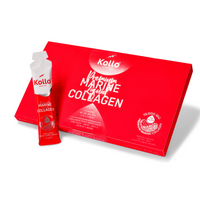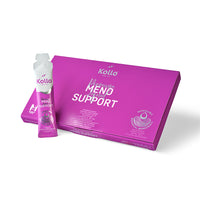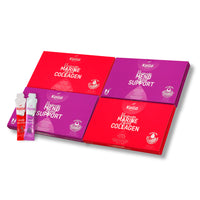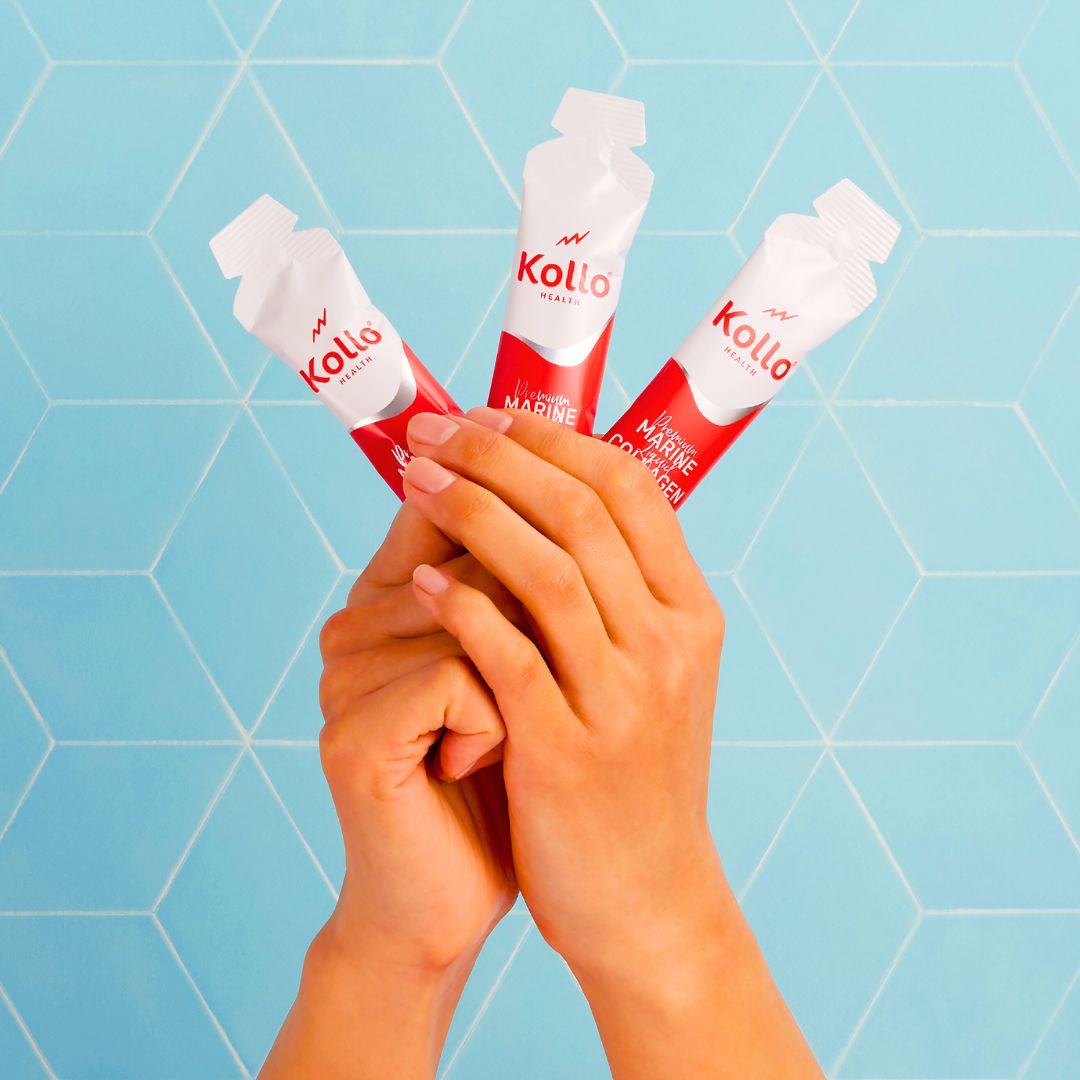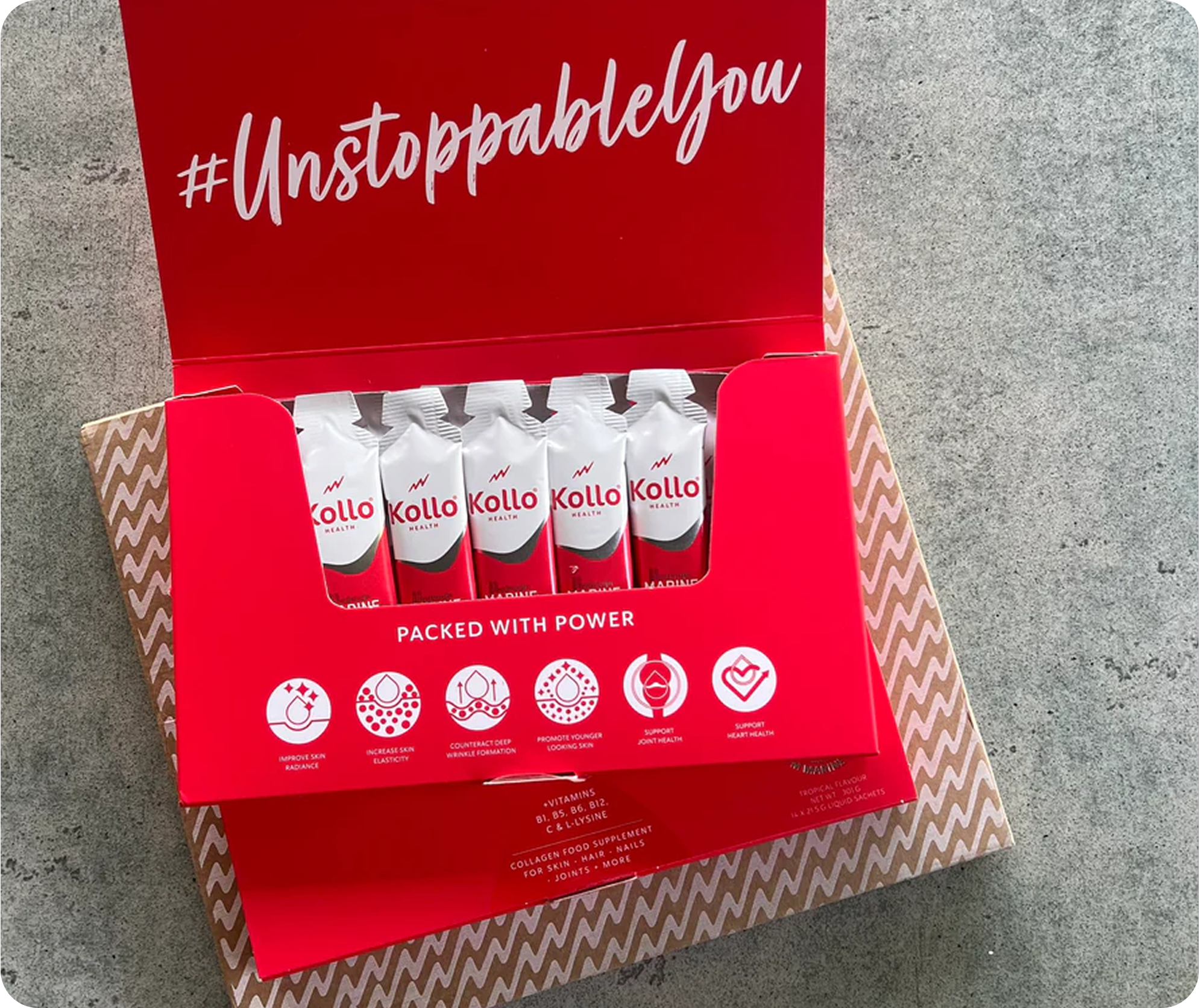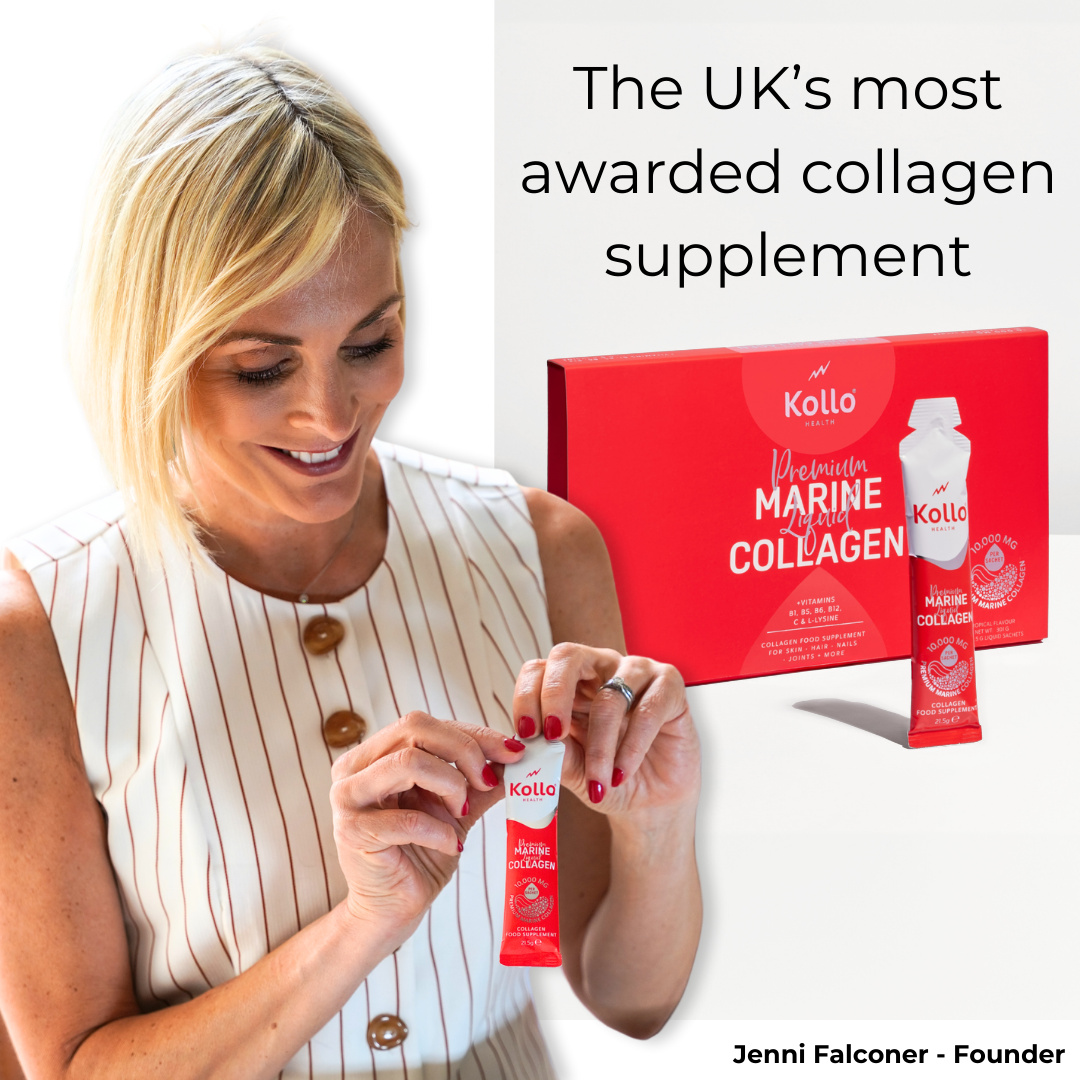What to Avoid When Taking Collagen Supplements

Collagen supplementation has become increasingly popular as more people recognize its benefits for skin health, joint support, and overall wellness. However, many individuals make critical mistakes that can significantly reduce the effectiveness of their collagen intake or even counteract the benefits entirely. Understanding what to avoid when taking collagen supplements is essential for maximizing your investment in health and achieving the desired results. For those considering menopause supplements, collagen can be particularly beneficial during this life stage when natural collagen production declines more rapidly. This comprehensive guide outlines the most common pitfalls and provides actionable strategies to optimize your collagen supplementation routine.
What Are Collagen Supplements?
Collagen supplements are products containing hydrolyzed collagen or collagen peptides derived from animal sources such as marine, bovine, or chicken. As the most abundant protein in the human body, collagen plays a crucial role in maintaining connective tissue, skin elasticity, and joint health. These supplements typically contain specific bioactive collagen peptides that have been broken down through hydrolysis to improve bioavailability and absorption.
Common Mistakes to Avoid with Collagen Supplements

Taking Too Little or Too Much
One of the most significant errors people make is not taking the appropriate dosage for their individual needs. Taking collagen supplements in insufficient amounts will not provide the necessary amino acids to support collagen synthesis effectively. Most research suggests that 5-20 grams daily is the optimal range for most adults, depending on health goals and individual factors.
Conversely, taking excessive amounts of collagen can lead to digestive discomfort and may not provide additional benefits. The human body can only utilize a certain amount of collagen peptides at one time, and excess amounts may be converted to energy or excreted rather than used for collagen production. This makes finding the right balance crucial for both effectiveness and cost-efficiency.
Inconsistent Dosage
Collagen supplementation requires consistency to be effective. Many people make the mistake of taking collagen supplements sporadically, which prevents the body from maintaining adequate levels of the amino acids necessary for ongoing collagen synthesis. The body's natural collagen production is a continuous process that requires steady amino acid availability.
Establishing a daily routine for taking collagen supplements is essential for achieving and maintaining results. Whether you choose to take your supplement in the morning, evening, or split the dose throughout the day, consistency is more important than the specific timing. Setting reminders or incorporating collagen supplementation into existing daily habits can help ensure regular intake.
Expecting Instant Results
One of the most common misconceptions about collagen supplementation is that results will be immediate. The process of collagen synthesis and tissue repair takes time, and visible improvements typically occur gradually over weeks or months. Setting unrealistic expectations can lead to premature discontinuation of supplementation before benefits become apparent.
Most people begin to notice improvements in skin elasticity and hydration within 4-6 weeks of consistent collagen supplementation. Joint health benefits may take 8-12 weeks to become noticeable, while improvements in hair and nail strength often require 2-3 months of regular use. Understanding these timelines helps maintain realistic expectations and promotes long-term adherence to supplementation routines.
What Happens to Your Body When You Start Taking Collagen?
When you begin taking collagen supplements, your body receives an influx of amino acids that serve as building blocks for collagen production. The hydrolyzed collagen is broken down in the digestive system into individual amino acids and small peptides, which are then absorbed into the bloodstream and distributed throughout the body.
Initially, some people may experience mild digestive changes as their system adjusts to the increased protein intake. This is typically temporary and resolves within a few days to a week. The amino acids from collagen supplementation are utilized by the body to enhance collagen synthesis in various tissues, including skin, joints, bones, and connective tissue.
Ingredients and Product Quality
Ignoring Additives and Fillers
Many collagen supplements contain unnecessary additives, fillers, artificial flavors, or sweeteners that can interfere with absorption or cause adverse reactions. These ingredients may also indicate lower-quality products that prioritize cost reduction over effectiveness. Reading ingredient labels carefully and choosing supplements with minimal additives is crucial for optimal results.
High-quality collagen supplements should contain primarily hydrolyzed collagen or collagen peptides with minimal additional ingredients. Some beneficial additions include vitamin C, which supports collagen synthesis, or hyaluronic acid, which complements collagen's effects on skin hydration. However, excessive additives, artificial colors, or unnecessary fillers should be avoided.
Not Checking for Third-Party Testing
Reputable collagen supplement manufacturers invest in third-party testing to verify purity, potency, and safety. Products without this testing may contain contaminants, incorrect amounts of active ingredients, or impurities that could be harmful. Always choose supplements from companies that provide certificates of analysis or third-party testing results.
Third-party testing ensures that the collagen supplement contains the stated amount of collagen peptides and is free from heavy metals, bacteria, and other contaminants. This is particularly important for marine collagen supplements, which should be tested for mercury and other oceanic pollutants.
Using Low-Bioavailability Forms
Not all collagen supplements are created equal in terms of bioavailability. Some forms of collagen are more easily absorbed and utilized by the body than others. Hydrolyzed collagen or collagen peptides generally offer superior bioavailability compared to whole collagen proteins or gelatin.
Marine collagen peptides typically have smaller molecular weights than bovine or porcine collagen, making them more easily absorbed. This superior bioavailability can lead to better results with lower doses, making marine collagen an efficient choice for many individuals.
Timing and Pairing Errors
Taking Collagen on an Empty Stomach
While some sources recommend taking collagen on an empty stomach for better absorption, this can cause digestive discomfort in some individuals. The best approach is to take collagen with or after a light meal to minimize potential stomach upset while still maintaining good absorption.
Mixing with Inhibiting Foods or Drinks
Certain foods and beverages can interfere with collagen absorption or synthesis. High-tannin drinks like coffee or tea can bind to proteins and reduce absorption if consumed simultaneously with collagen supplements. Similarly, high-fiber foods may interfere with protein absorption when taken at the same time.
To optimize absorption, avoid consuming collagen supplements with coffee, tea, or high-fiber foods. Instead, wait at least 30 minutes between taking collagen and consuming these potentially interfering substances. This simple timing adjustment can significantly improve the effectiveness of your collagen supplementation.
Not Pairing with Vitamin C
Vitamin C is essential for collagen synthesis and should be paired with collagen supplementation for optimal results. This vitamin acts as a cofactor in the enzymatic processes that create collagen fibers, making it crucial for converting amino acids into functional collagen.
Many high-quality collagen supplements include vitamin C, but if yours doesn't, consider taking a vitamin C supplement or consuming vitamin C-rich foods alongside your collagen. This pairing can enhance collagen synthesis and improve the overall effectiveness of your supplementation routine.
Lifestyle Habits That Counteract Collagen

Poor Diet and Dehydration
A balanced diet rich in protein, vitamins, and minerals is essential for supporting collagen production. Poor dietary choices high in sugar, processed foods, and inflammatory ingredients can counteract the benefits of collagen supplementation by promoting collagen breakdown and inhibiting synthesis.
Dehydration also negatively impacts collagen effectiveness, as proper hydration is necessary for optimal protein synthesis and skin health. Ensuring adequate water intake supports the body's ability to utilize collagen peptides effectively and maintain healthy skin and connective tissue.
Excessive Sun Exposure
Ultraviolet radiation from sun exposure breaks down existing collagen and interferes with new collagen production. This environmental damage can counteract the benefits of collagen supplementation, particularly for skin health goals. Protecting your skin from excessive sun exposure through sunscreen, protective clothing, and limiting peak-hour exposure is essential for maintaining collagen levels.
Smoking and Alcohol Consumption
Smoking significantly impairs collagen synthesis by reducing vitamin C absorption and creating oxidative stress that damages existing collagen. Alcohol consumption can also interfere with collagen production and protein synthesis. Minimizing or eliminating these habits is crucial for maximizing the benefits of collagen supplementation.
Natural Ways to Stimulate Collagen Production
Supporting your body's natural collagen production enhances the effectiveness of supplementation. Regular exercise, particularly strength training, stimulates collagen synthesis in bones and connective tissue. Adequate sleep is also crucial, as collagen production peaks during deep sleep phases.
Dietary Changes for Better Collagen Support
Incorporating collagen-supporting foods into your diet can enhance the effectiveness of supplementation. Foods rich in vitamin C, such as citrus fruits, berries, and leafy greens, support collagen synthesis. Protein-rich foods provide additional amino acids that complement collagen peptides.
Final Tips
Whether you choose liquid collagen vs powder forms, the key is consistency and quality. Avoid products with excessive additives, maintain realistic expectations about timing, and support your supplementation with collagen-friendly lifestyle choices. By avoiding these common mistakes and implementing these strategies, you can optimize your collagen intake and achieve the best possible results from your investment in health and wellness. Kollo collagen is a great choice for those looking to increase their collagen levels with a safe and effective, high quality collagen product.
